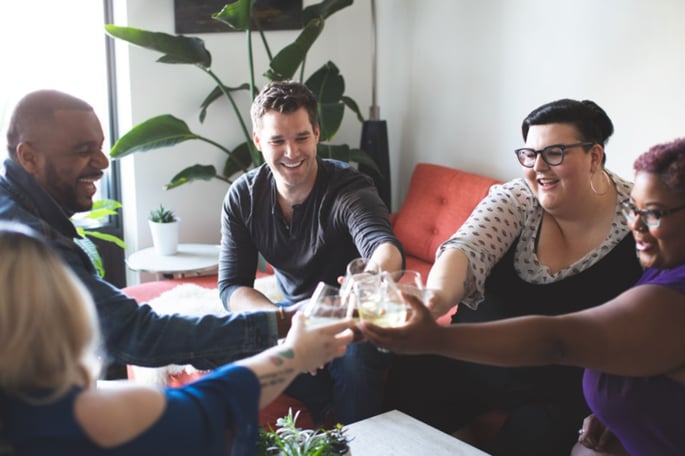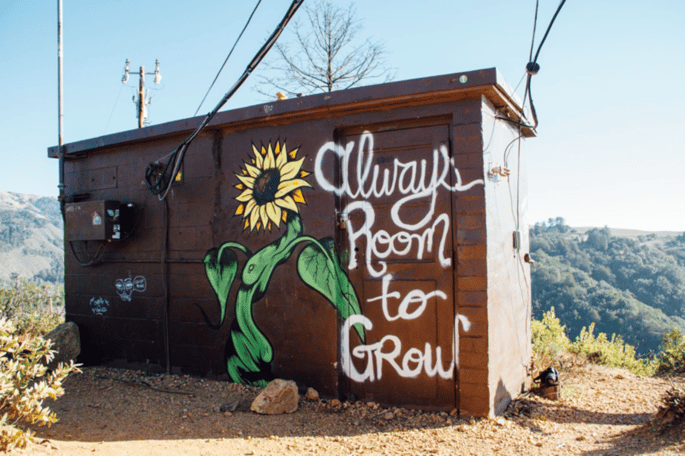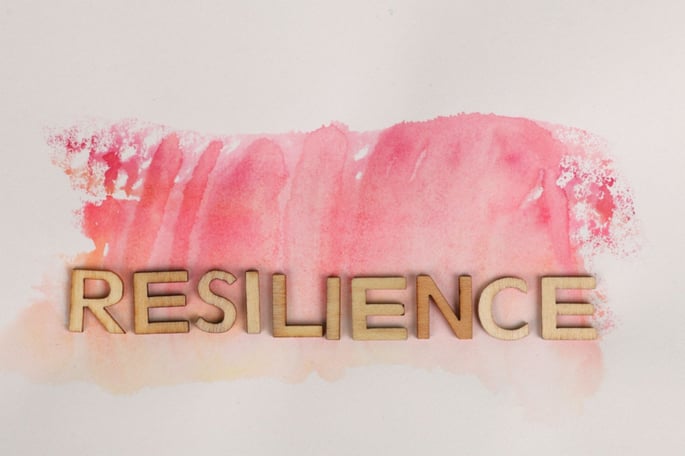Looking for some great reads? Here were some of our favorites in 2019.
4-minute read
“The more that you read, the more things you will know.
The more that you learn, the more places you’ll go.” – Dr. Seuss
At LifeLabs, we are all about the learning. It’s even in our name. And what better way to learn than picking up a great book? Well, you may want to open and read it as well. As we bring 2019 to a close, we want to share with you some of the diverse reads that have tickled our cerebellum and made their way to our hearts.

Dirk’s pick
The Art of Community by Charles H. Vogl
“I believe that with social media, busy lives and increasing urbanization, many people have lost their sense of belonging and community. This book is a useful guide to bringing a sense of connection and care for one another back into people's lives.”

Jack’s pick
Range by David Epstein
“I'm generally a contrarian when it comes to the new hottest ‘social science book written by a journalist’ but Range got me excited about teaching and learning in a uniquely personal way. Epstein argues that a key strategy for effective growth and learning is being interdisciplinary, whether you're a musician, athlete, scientist, or people leader. In a nutshell, he argues that the capacity to draw upon a wide range of experiences gives you better mental models to solve unfamiliar problems. This hits home for me, since I've always been a bit of a disciplinary butterfly, shifting interests and focuses while the people I admire stayed motivated and driven to pursue a singular focus. Range helped me feel better about the joy I get from gravitating towards the border between domains rather than getting deep into one.”

Megan’s pick
Atomic Habits by James Clear
“I love how Clear breaks down the research on habit building in a way that gave me ideas to try. As I read through the book, I picked one particular habit I wanted to get back - my morning yoga and meditation practice. It was a practice I spent years developing, and then after some inconsistent work, travel, and vacation, it slipped. Small improvements led to more consistency and enjoyment.”

Rachel’s pick
Heavy by Kiese Laymon
“Laymon brings the reader with him into his childhood memories, his experiences with his black body, and his interactions with other people's bodies. In prose that is close to poetry, Laymon lays bare what it is like for him to struggle with food and weight, his relationship with his mother, and being black in America. Laymon's ‘black body’ is almost a separate character in the book, attacked from the outside by structural and interpersonal racism and from the inside by internalized racism. He allows us, the readers, to see how the impact of these forces tears him and those around him apart, and shares with us his victories and strength in putting himself back together again. It's a hard read and well worth the emotional investment. I highly recommend the audiobook version narrated by the author.”

Robleh’s pick
The Way to Love by Anthony DeMello
“This book makes the case that love is something that most of the world would acknowledge we benefit from and need more of. It also makes the case that loving others is one of the most difficult things for us to do. This is because loving someone requires seeing others as they actually are, not who we wish them to be, remember them to be, or pretend they are. DeMello details some of the ways our perceptions and projections of others limit our ability to see people clearly and how to create the space for love to be revealed.”

Vanessa’s pick
Payoff: The Hidden Logic That Shapes Our Motivations by Dan Ariely
“Ariely does a great job of explaining the layers of human motivation in an approachable and engaging way. I think there is a pervasive thought in the world of work that external motivators, like money and titles, are enough to keep people happy. This book invites us, with the help of scientific research, to think through what other factors we can turn to when endeavoring to encourage ourselves and others.”

Zoe’s pick
That's Not What I Meant by Deborah Tannen
“Tannen brings linguistics (and a heavy dose of common sense) to the forefront in this book, encouraging us to think about how the way we speak impacts how we are heard and understood. The book was published in 1986 (readers should be aware that they'll confront primarily heteronormative relationships in the examples), but many of the high-level premises were incredibly validating to me as a reader (and as someone who identifies as a woman). The primary takeaway for me was the role of the "intimate critic," someone close to you who feels free to offer advice or feedback about the way you show up in the world. Think: "Are you sure you want to wear that?" or "I think you talked too much at the party tonight." I appreciated her analysis of how as we try to draw someone closer to us, it can actually lead to us saying things that push them away because they feel like they're under a microscope.”
So there you have it, these are the books that left an impact on us in 2019. What will 2020 bring? Here is to a new decade filled with thought-provoking, soul-stirring, and paradigm-shaking reads.


